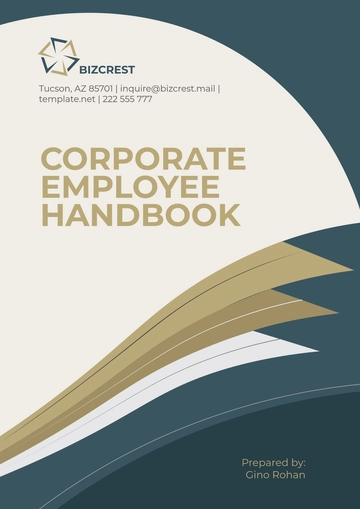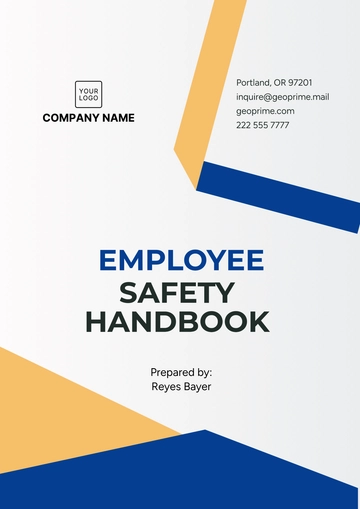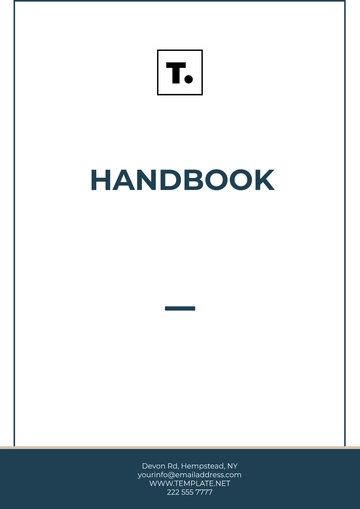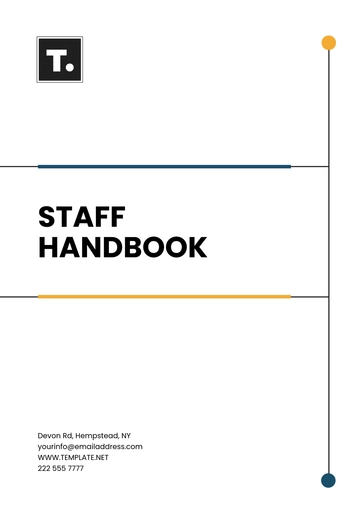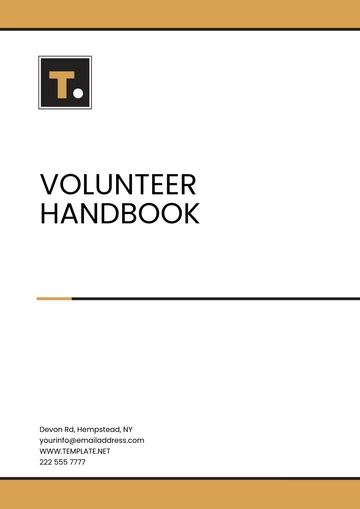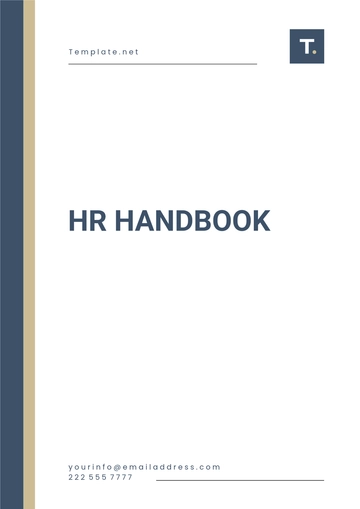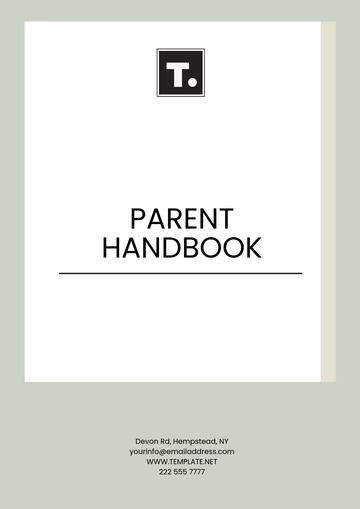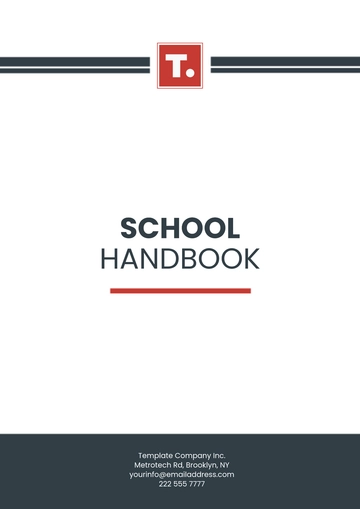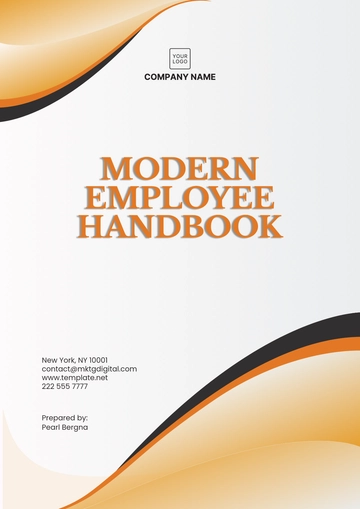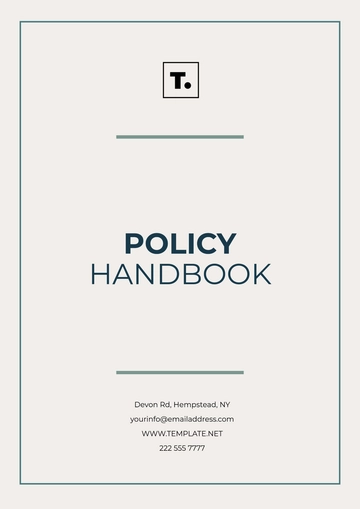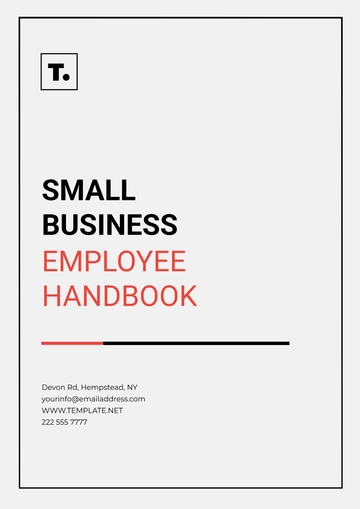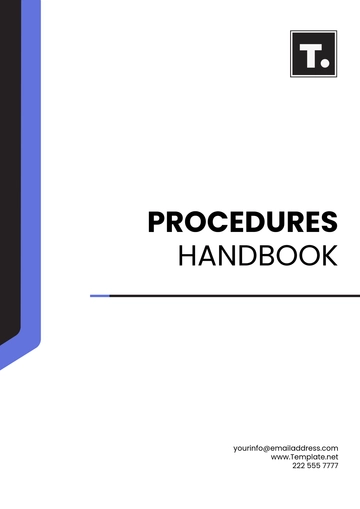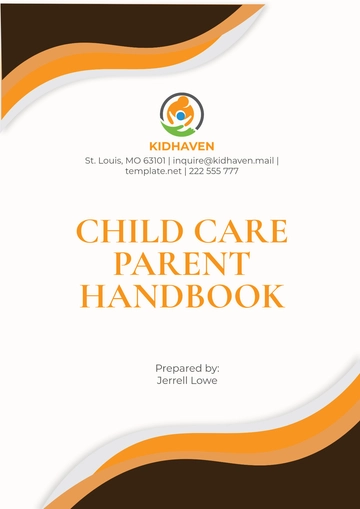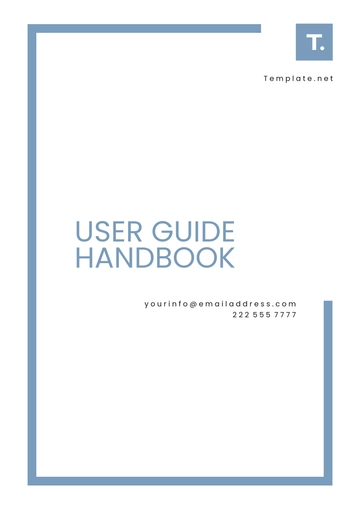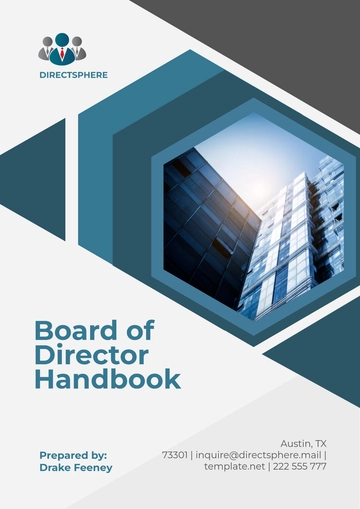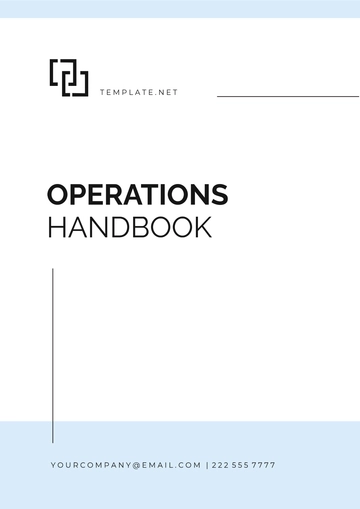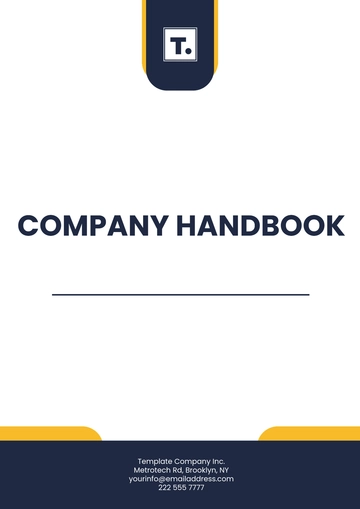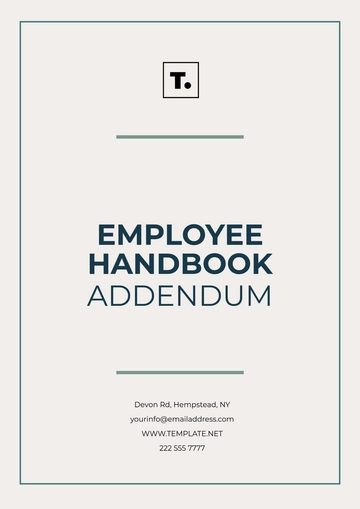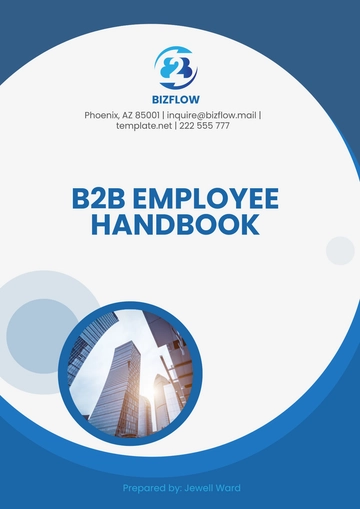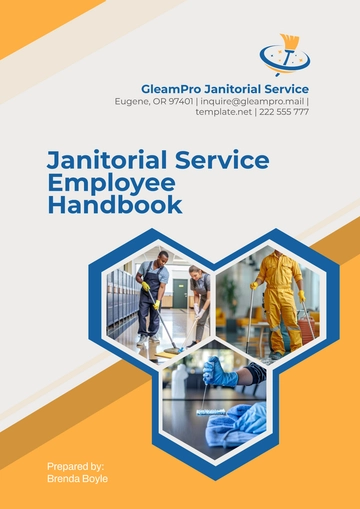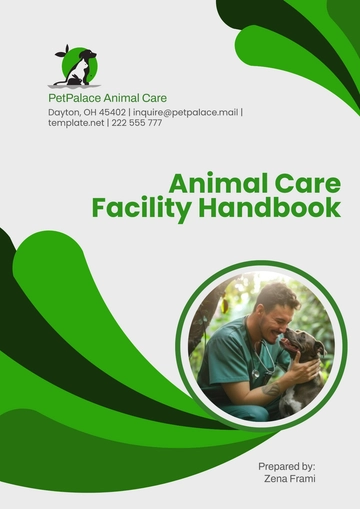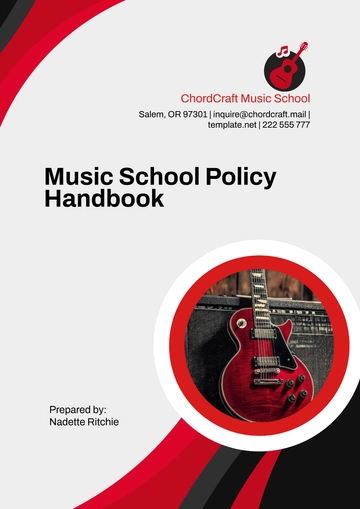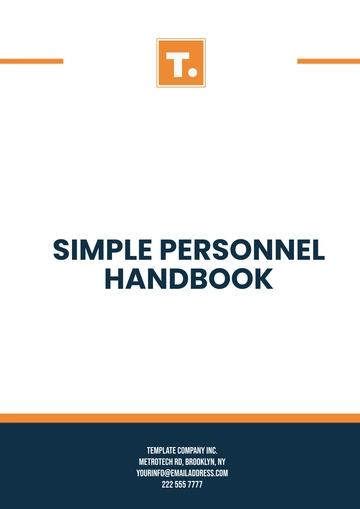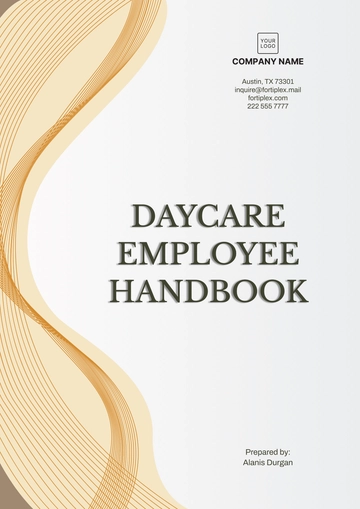Free Professional Car Wash Compliance Handbook
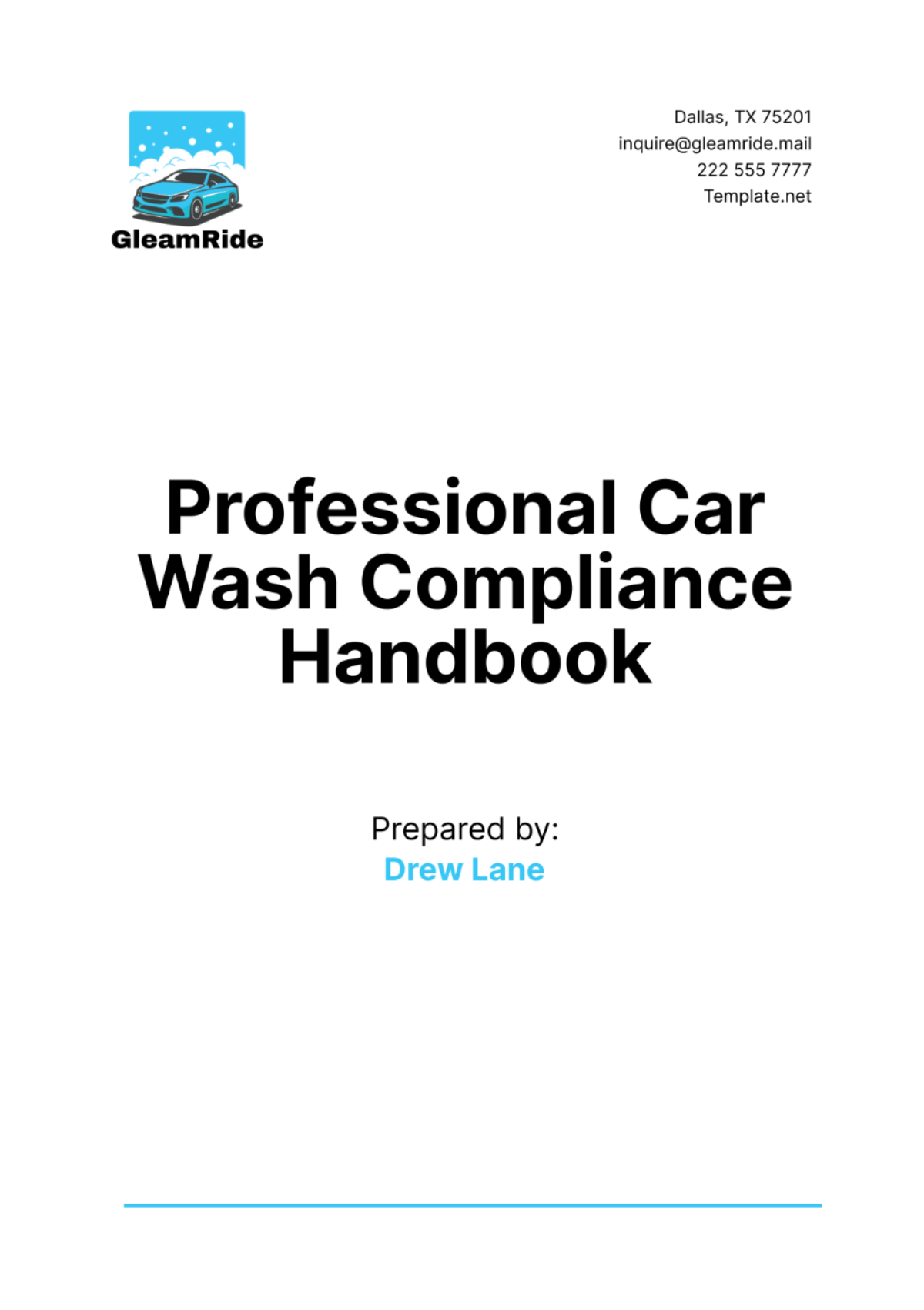
I. Introduction to Car Wash Compliance
A. Purpose of the Handbook
[Your Company Name]'s handbook aims to equip car wash operators with comprehensive knowledge and guidelines necessary to navigate and comply with regulatory requirements governing the industry. By outlining best practices and legal standards, it serves as a crucial tool in maintaining operational integrity and promoting environmental sustainability within the car wash sector.
B. Importance of Compliance in the Car Wash Industry
Compliance with federal, state, and local regulations is paramount to mitigating environmental impact, ensuring workplace safety, and fostering trust among customers and regulatory bodies. Upholding these standards not only enhances operational efficiency but also safeguards the reputation and longevity of car wash businesses in competitive markets.
C. Overview of Regulatory Framework
The regulatory framework governing car wash operations encompasses a spectrum of environmental, safety, and labor regulations enforced by agencies such as the EPA, OSHA, and state environmental departments. Understanding these regulations is essential for implementing effective compliance strategies that address water usage, wastewater treatment, chemical handling, employee safety, and customer service standards.
II. Legal and Regulatory Compliance
A. Federal Regulations
Environmental Protection Agency (EPA) Regulations
Water Usage and Conservation
Car wash facilities are required to implement and utilize water-saving technologies in order to effectively reduce water consumption. These technologies include high-efficiency nozzles that are designed to use water sparingly, as well as comprehensive water recycling systems that allow for the reuse of water within the washing process. Adoption of such measures is not only crucial for minimizing water usage but is also a necessary step to ensure compliance with guidelines set forth by the Environmental Protection Agency (EPA), which are aimed at conserving and protecting our valuable water resources.
Wastewater Discharge and Treatment
Ensuring compliance with the standards set by the Environmental Protection Agency (EPA) for the discharge of wastewater involves a multi-faceted approach. First, entities need to implement effective and efficient methods for treating wastewater to remove or neutralize harmful contaminants. Additionally, they must obtain all necessary permits from regulatory authorities, which confirm that their methods have been reviewed and approved and specify the standards to be met. These measures are crucial to ensure that discharged water adheres to environmental quality standards, protecting natural water bodies and maintaining ecological balance.
Occupational Safety and Health Administration (OSHA) Regulations
Workplace Safety Standards
Car wash operators are required to comply with the regulations set forth by the Occupational Safety and Health Administration (OSHA). To fulfill these requirements, car wash operators must systematically carry out regular safety audits, which involve a thorough examination of the workplace to identify any potential hazards and ensure that safety protocols are being followed. Car wash operators must train employees on equipment use and maintain safe work practices. This includes regular audits, ensuring a risk-free environment, functional safety measures, and adherence to safety guidelines to protect employees from workplace hazards.
Hazard Communication Program
Creating an extensive and detailed program specifically designed to educate employees about the various risks and dangers associated with handling chemicals is crucial. This program must cover chemical safety, proper storage to prevent hazards, and clear emergency response procedures, ensuring compliance with OSHA guidelines and maintaining workplace safety.
B. State and Local Regulations
Environmental Regulations
State-specific Water Conservation Measures
In various locations, car wash facilities might be obligated to comply with additional state regulations that necessitate adhering to particular water conservation practices. Furthermore, these regulations may also require these facilities to report detailed metrics related to their water usage.
Local Wastewater Discharge Permits
Acquiring the necessary permits from the local municipalities for the discharge of wastewater requires adherence to a series of local environmental regulations. The primary aim of these regulations is to prevent pollution and to safeguard the local water sources. Engage in this process by strictly following local environmental laws to ensure safe wastewater discharge and protect water quality.
Employment and Labor Laws
Minimum Wage Requirements
Ensuring adherence to state and federal minimum wage laws plays a critical role in guaranteeing that car wash employees receive fair compensation for their labor. This compliance not only secures appropriate earnings for the workers but also significantly minimizes the likelihood of businesses incurring legal penalties that are often associated with violations of wage regulations.
Worker Safety Requirements
By strictly adhering to worker safety regulations that are specific to each state, businesses can ensure a safer working environment. These regulations include important measures such as providing comprehensive and adequate training on chemical safety procedures to all employees. Moreover, by ensuring that proper ventilation systems are maintained to prevent the buildup of hazardous substances, companies can greatly enhance worker safety and reduce the risk of workplace injuries.
III. Environmental Compliance
A. Water Management
Water Recycling Systems
The implementation of water recycling systems plays a crucial role by significantly lowering overall water consumption. These systems achieve this reduction by treating and reusing water in subsequent wash cycles, ensuring that less freshwater is needed for each operation. This process supports long-term sustainability efforts by mitigating the strain on water resources, which is increasingly important for the preservation of the environment. Recycling water in car washes supports environmental goals of resource efficiency and waste reduction while ensuring compliance with water conservation regulations, thereby promoting sustainability and regulatory adherence.
Water Conservation Practices
Car wash facilities would benefit greatly from adopting a variety of water conservation practices. These practices might include using high-pressure nozzles, which are designed to utilize water more efficiently by delivering a powerful stream that can clean surfaces effectively with less water. Additionally, ensuring that all equipment is properly maintained and functioning correctly is crucial. This regular upkeep helps to prevent any leaks, drips, or malfunctions that could lead to unnecessary water wastage. When car wash facilities implement water-saving measures in their daily operations, they not only comply with local, state, or federal regulations but also greatly decrease the high costs linked to water use, making water conservation both a smart and sustainable decision.
B. Wastewater Management
Wastewater Treatment Guidelines
Effective wastewater treatment guidelines encompass several key processes designed to ensure that the water discharged from treatment facilities meets stringent environmental quality standards. These guidelines necessitate effective filtration to eliminate suspended solids from wastewater, thereby preventing the contamination of natural water bodies. Chemical treatments, including coagulation, flocculation, and disinfection, neutralize harmful substances and eliminate pathogens. pH adjustment ensures the water released has a balanced pH, protecting aquatic life. Adherence to these guidelines mitigates environmental impact, prevents legal issues, and helps treatment facilities operate efficiently, contributing to environmental conservation and public health.
Discharge Permit Requirements
Securing the necessary permits for discharging wastewater, as issued by relevant regulatory bodies, and strictly following the stipulated guidelines, is absolutely essential for the lawful operation of any business. In the specific context of car wash operators, it is of utmost importance that the wastewater they release meets all the conditions outlined in their discharge permits. Compliance with these conditions is not only critical to avoid the imposition of fines or other penalties but also serves as a clear demonstration of the operator's commitment to environmental stewardship and responsibility.
IV. Operational Standards
A. Equipment and Facility Maintenance
Maintenance Schedule and Procedures
Adhering to a regular maintenance schedule for car wash equipment, including pumps, filters, and water recycling systems, is essential to ensure optimal performance and longevity. Documentation of maintenance activities helps demonstrate compliance with operational standards and regulatory requirements.
Equipment Calibration and Inspection
Consistent and routine calibration and inspection of all equipment used in car wash operations are essential for maintaining the accuracy and reliability necessary for optimal performance. By ensuring that every piece of equipment is properly calibrated, car washes can considerably enhance the quality of the wash provided to customers. Adhering to calibration and inspection protocols greatly reduces the risk of environmental damage from malfunctioning equipment, ensures car wash facilities remain compliant with regulations to avoid legal issues, enhances operational efficiency, and fosters safer, more responsible business practices.
B. Chemical Handling and Storage
Safe Handling Practices
Training employees in safe chemical handling practices, including proper mixing, dilution, and application methods, is critical to prevent accidents and ensure compliance with regulatory requirements. Effective communication of safety protocols enhances employee awareness and reduces workplace risks.
Storage and Disposal Guidelines
Proper storage and disposal of chemicals minimize environmental hazards and ensure compliance with safety regulations. Car wash operators should maintain secure storage areas, label chemicals appropriately, and dispose of hazardous materials according to regulatory guidelines to protect both employees and the environment.
V. Employee Training and Safety
A. Training Programs
Safety Training for Employees
Regular safety training sessions should cover hazard recognition, emergency response procedures, and the proper use of personal protective equipment (PPE). Ensuring that employees are well-trained enhances workplace safety and compliance with Occupational Safety and Health Administration (OSHA) standards.
Chemical Handling Training
Specific training on chemical hazards, including safe handling, storage, and disposal practices, is crucial for employees responsible for using chemicals in car wash operations. Training programs should emphasize the importance of following safety protocols to prevent accidents and minimize environmental impact.
B. Personal Protective Equipment (PPE)
Requirements and Usage Guidelines
Providing and enforcing the use of appropriate PPE, such as gloves, goggles, and aprons, ensures employee safety in potentially hazardous work environments. Guidelines for selecting, maintaining, and replacing PPE should be established to comply with regulatory requirements and protect workers from occupational risks.
PPE Maintenance and Replacement
Regular inspection and maintenance of PPE help ensure its effectiveness in safeguarding employees. Car wash operators should establish procedures for assessing PPE condition, replacing damaged equipment, and providing ongoing training on its proper use to maintain compliance with safety regulations.
VI. Customer Service and Satisfaction
A. Service Standards
Quality of Service Guidelines
Establishing clear standards for car wash services, including cleanliness, efficiency, and customer interaction, enhances customer satisfaction and loyalty. Consistently meeting these standards not only improves business reputation but also contributes to operational success and customer retention.
Customer Interaction Best Practices
Training staff in effective communication, complaint resolution, and customer service etiquette fosters positive customer experiences. Implementing best practices for customer interaction ensures that car wash services are delivered professionally and meet or exceed customer expectations.
B. Complaint Resolution Procedures
Handling Customer Complaints
Developing streamlined procedures for receiving, documenting, and resolving customer complaints demonstrates responsiveness and commitment to service excellence. Car wash operators should empower staff to address issues promptly and effectively to maintain customer satisfaction and loyalty.
Customer Feedback and Improvement Processes
Implementing systems for gathering and analyzing customer feedback allows car wash operators to identify areas for improvement. By incorporating customer input into operational adjustments and service enhancements, businesses can continually elevate service quality and customer satisfaction levels.
VII. Recordkeeping and Reporting
A. Documentation Requirements
Regulatory Compliance Records
Maintaining accurate records of permits, inspections, training sessions, and operational procedures facilitates transparency and compliance with regulatory requirements. Organized documentation also supports internal audits and regulatory inspections, ensuring readiness and accountability.
Maintenance and Inspection Logs
Documentation of equipment maintenance schedules, calibration records, and inspection reports enables proactive maintenance planning and regulatory compliance audits. Detailed logs demonstrate operational diligence and adherence to standards set forth by regulatory agencies.
B. Reporting Obligations
Periodic Reporting to Regulatory Agencies
Timely submission of regulatory reports, such as wastewater discharge monitoring reports and safety incident reports, is essential for compliance with reporting obligations. Car wash operators should maintain communication with regulatory authorities to address any compliance issues promptly.
Incident Reporting Procedures
Establishing clear procedures for reporting safety incidents, environmental spills, and regulatory violations ensures swift response and corrective action. Proper documentation and communication of incidents support regulatory compliance efforts and mitigate potential liabilities.
VIII. Compliance Monitoring and Auditing
A. Internal Compliance Audits
Audit Schedule and Procedures
Conducting regular internal compliance audits, including comprehensive inspections of facilities and operational practices, helps identify areas for improvement and ensure adherence to regulatory requirements. Documenting audit findings and implementing corrective actions supports continuous improvement and operational efficiency.
Corrective Action Plans
Developing effective corrective action plans in response to audit findings demonstrates commitment to compliance and sustainability. Car wash operators should prioritize corrective measures that address identified deficiencies and prevent recurrence to maintain regulatory compliance and operational integrity.
B. External Inspections and Regulatory Audits
Preparation for Regulatory Inspections
Proactive preparation for regulatory inspections involves maintaining up-to-date documentation and conducting internal audits to ensure readiness. Collaboration with regulatory agencies and adherence to inspection protocols help streamline the inspection process and demonstrate compliance with regulatory requirements.
Responding to Audit Findings
Addressing audit findings promptly and transparently is crucial for maintaining regulatory compliance and building trust with regulatory authorities. Car wash operators should communicate corrective actions taken in response to audit findings and commit to ongoing improvement efforts to uphold operational standards and regulatory obligations.
- 100% Customizable, free editor
- Access 1 Million+ Templates, photo’s & graphics
- Download or share as a template
- Click and replace photos, graphics, text, backgrounds
- Resize, crop, AI write & more
- Access advanced editor
Discover the ultimate tool for car wash operators with the Professional Car Wash Compliance Handbook Template from Template.net. This editable and customizable handbook ensures seamless compliance with regulatory standards, featuring a user-friendly AI Editor Tool for effortless customization. Empower your business with comprehensive guidelines tailored to enhance operational safety, environmental responsibility, and customer satisfaction.
